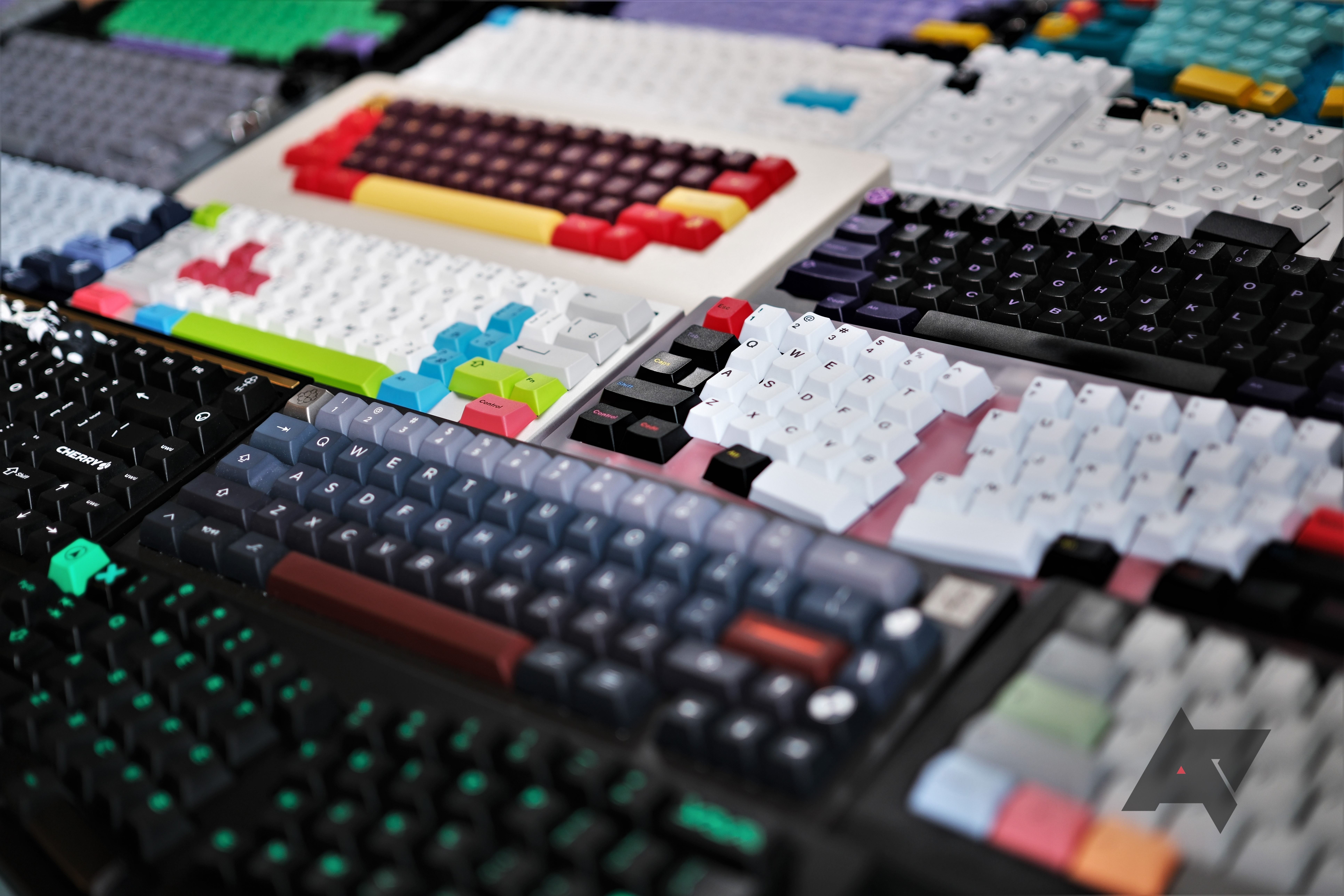Summary
- Android 14 QPR3 Beta 2 has revealed upcoming accessibility features like sticky and bounce keys for physical keyboards.
- A slow key setting is also in the works, but it could only be available in future Android releases, per Android expert Mishaal Rahman.
- Google has gradually improved support for physical keyboards on Android, owing to the launch of devices like the Pixel Tablet and Pixel Fold.
Android 14 QPR3 won’t be out for the masses until June, but we already have a decent idea about what it will bring to the table, thanks to beta releases. The second Android 14 QPR3 beta dropped this week, and although some are experiencing bricked devices while sideloading the update, we’ve learned a fair bit more about what the next quarterly platform release (QPR) will look like. Android sleuth Mishaal Rahman has detailed several of the changes, both big and small, included with the new release. We can now add another to the list, focusing on physical keyboards.

Android 15: News, leaks, timeline, and everything new in DP2
Here’s what we know about Android 15 now that the first developer preview has landed
Google could enhance support for external keyboards on smartphones, foldables, and tablets with Android 14 QPR3 by including support for sticky keys and bounce keys, as discovered by Rahman. These are accessibility-focused keyboard adjustments commonly seen on Windows devices to help people with physical disabilities.
Simply put, sticky keys enable users to hold down buttons without needing to. As Rahman explains, turning on sticky keys will let people access commonly used modifier keys like Shift/Ctrl/Alt without having to hold them down at the same time. The bounce key is another accessibility feature that tells the system to ignore unintended keystrokes of the same alphabet/character.

Best mechanical keyboards in 2024
Our pick of the best wired and wireless mechanical keyboards, for office work to gaming
Rahman also found that support for slow keys is on the way, although the toggle for that functionality may only go live in a subsequent release. The slow key setting is also a welcome accessibility-related addition to Android 14, letting users set slow keystrokes so that the system only recognizes keys that are pressed for a certain amount of time.
Physical keyboard support on Android has slowly but surely been getting better, especially since devices like the Pixel Tablet and Pixel Fold emerged on the scene not too long ago. Only last year, Rahman detailed a rearrangement of the keyboard shortcuts menu destined for Android 14, plus the inclusion of several new shortcuts under Settings > System > Keyboard > Physical keyboard.




